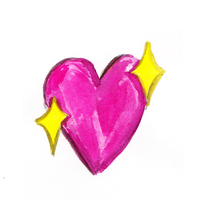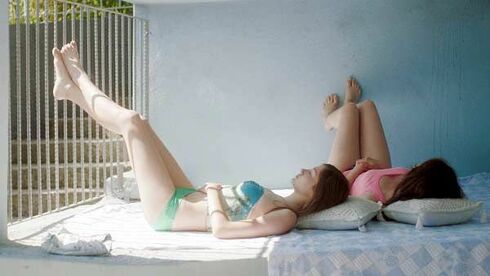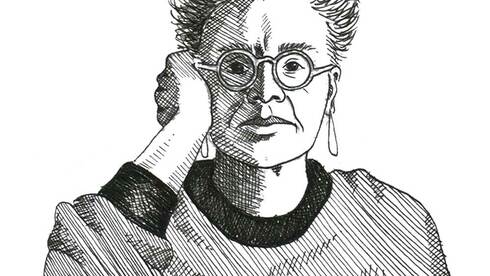Summertime Film Love, is love, is love
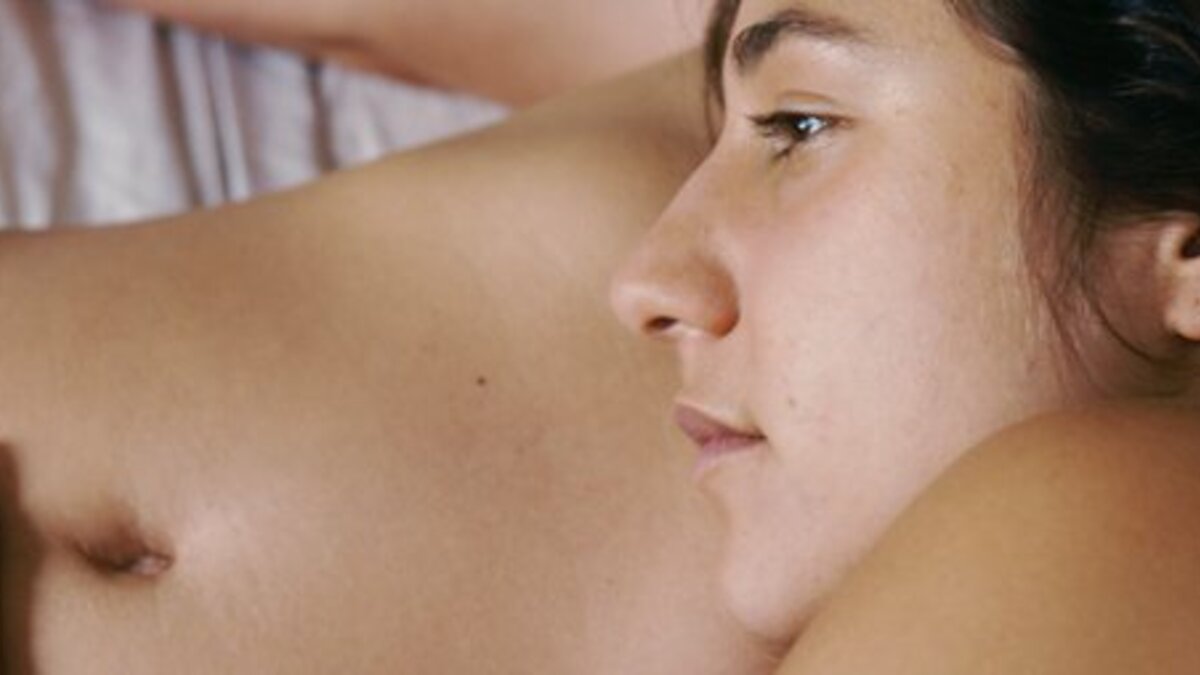
The film opens with a rich summer dusk that hangs over a farm in Limousin, the central-south of France. Delphine (Izïa Higelin) is driving a tractor and working with her father; who is talking of marriage and making the (still-natural) assumption of “when you get a husband ….”. As a reminder that, to him, there is no imaginable alternative, he continues, “You can’t be alone forever, loneliness is a terrible thing.”
The conservative, suffocating attitude of her parents (and a dose of local heartbreak) sends Delphine packing for Paris, in search of broader horizons - or just people with a broader perspective.
She finds them in a group of feminist activists, running around pinching men’s bums on the city’s streets. Carole (Cécile De France), gets into trouble with one of the men, who reacts by trying to hit her. Delphine comes to Carole’s rescue, and is welcomed into the heart of the group known as the “wild ones” on the university campus.
Invited by Carole, Delphine sits in on one of the group’s meetings, where the women smoke as passionately as they speak. Here, Carole gives a rousing speech about how “we are not against men, we are for women”, the group plays folks songs (“arise, enslaved women, arise”), and Delphine watches from the back in quiet delight; at both the group, and Carole.
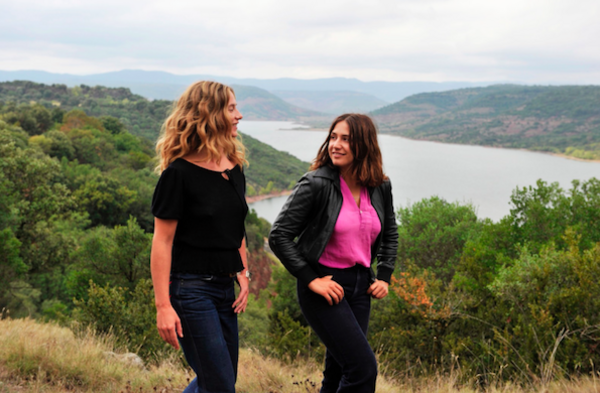
Carole, 35, (an intellectual, and bohemian Parisienne to the core) is in a supportive, stable, heterosexual relationship with activist-come-teacher Manuel. He is non-confrontational, and teases her about her feminist activism in a loving way: “Too busy freeing your sisters from male oppression to do your laundry?” He is a humanitarian, who has his own group of activists trying to write an article about political prisoners for Le Monde.
Dream guy right?
Sure, until you find dream girl.
Though Carole and Delphine’s attraction does seem ever so slightly rushed - as if you blinked and missed the linking moment - it would, admittedly, be very hard not to fall head over heals in love with someone who described the changing landscape the way Delphine does, as the group head further south on a rescue mission. And the same goes for Carole’s zealousness, intellect, fearlessness and playfulness.
When Delphine is called back to the more water-logged countryside of Limousin by unforeseen circumstances, Carole - left empty in the busy city without the younger Delphine - follows (her boyfriend questioning where the independent woman he fell in love with has gone) and tries to become part of Delphine’s rural life, accepting the conditions that come with it: secrecy, submission, and denial.
Using the 1970s as a mirror, Corsini shows how little progress has been made in the last 45 years; and reminds us the struggle isn’t over, it just evolves.
The overriding narrative of this is love: familial, romantic, platonic, the love of nature, and the romance of life. Second to that, it is the will to break free. Summertime’s (La Belle Saison) rebellion, playfulness and “unconventional” love story, is reminiscent of Jules et Jim; but was bound to draw comparisons with Blue Is The Warmest Colour, and it has drawn a lot. They do have some similarities: they’re both French, the two main protagonists are both lesbians (one in each experiencing an awakening), and both films are good; but the comparison is simplistic. They’re both very different films, especially in regards to female intimacy: where Blue Is The Warmest Colour is a rocket-fueled passion fest crashing towards the next orgasm; Summertime is slower, gentler, more playful. I read somewhere that Summertime “caters for the male gaze”, I’d disagree.

Sure, it shows naked women – but it shows naked women at play as well as making love. Their nakedness is a part of their rebellion to be free of all the heavy beliefs and attitudes they’ve had dumped on them by other people. Summertime also focuses more acutely on the larger social issues affecting women at the time – issues we are still tackling today, 45 years on. This was intentional as director Catherine Corsini worries that we are living through a “regression”, and though we (the West) may have (just about) retained the rights won by feminists over the centuries, many countries have lost them (- the most obvious example of a feminist regression, is when this film was set (1970s) you could go to Afghanistan or Iran, and it would look like Paris, or London, or Spain: women trotting about in mini skirts; laughing in libraries, or having coffee - without a male guardian). Using the 1970s as a mirror, Corsini shows how little progress has been made in the last 45 years; and reminds us the struggle isn’t over, it just evolves.
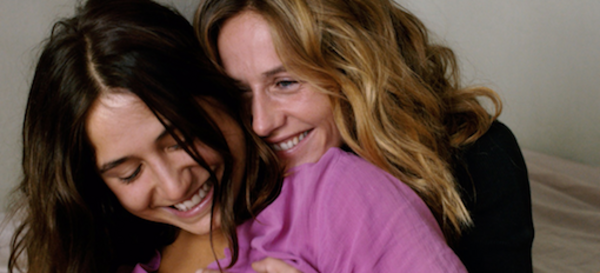
Corsini based the character of Delphine on her own experiences, and both her and Carole feel well-rounded and authentic, which is testament to the performances as much as the script. De France and Higelin give relaxed and honest performances; with humour, fire and vulnerability in believable measure. One quiet night in the countryside when Carole asks if Delphine misses Paris - the city she seemed to love when she arrived - Delphine responds with, “… if you’d have been on Mars, I’d have loved Mars.”
Summertime won’t fail to move you (unless you are a ROBOT) and will make you question any previously perceived physical boundaries to love. What this film makes plain is that love, is love, is love. It is no more complicated than that, and after a hard day, we all just want someone to give us a hug and tell us “it’s going to be alright”.
